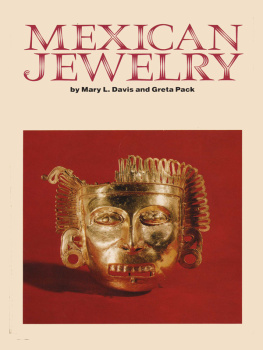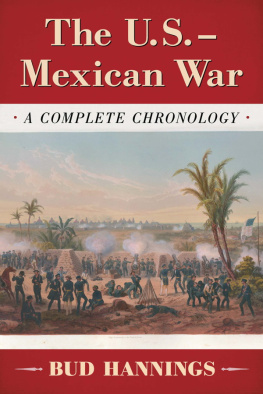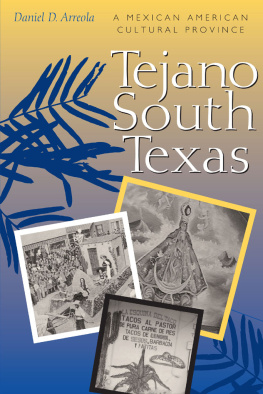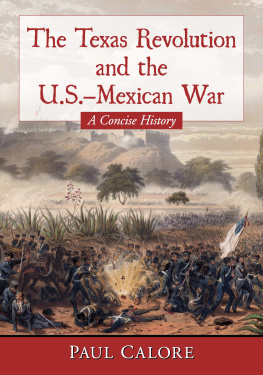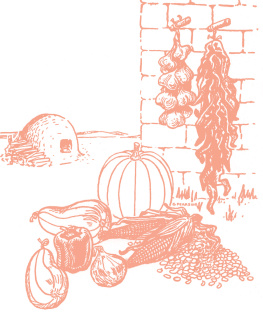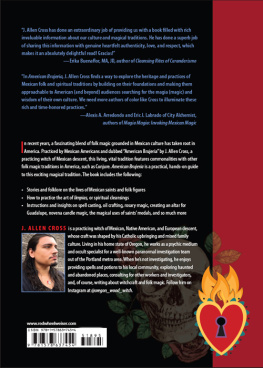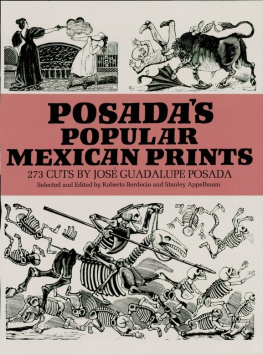
The Silver Cradle
Las Posadas, Los Pastores, and Other Mexican American Traditions
Julia Nott Waugh
Foreword by Flix D. Almarz, Jr.
Drawings by Bob Winn

University of Texas Press,
Austin
Copyright 1955 by Julia Nott Waugh;
copyright renewed 1983 by Julia Nott Waugh;
Foreword copyright 1988 by the University of Texas Press
All rights reserved
First Paperback Printing, 1988
Requests for permission to reproduce material from this work should be sent to Permissions, University of Texas Press, Box 7819, Austin, Texas 78713-7819.
LIBRARY OF CONGRESS CATALOGING-IN-PUBLICATION DATA
Waugh, Julia Nott, 1888-1958.
The silver cradle/Julia Nott Waugh ; foreword by Flix D. Almarz, Jr. ; drawings by Bob Winn.
p. cm.
Collection of essays first published 1955.
ISBN 0-292-77625-X (pbk.)
1. FestivalsTexasSan Antonio. 2. Mexican AmericansTexasSan AntonioSocial life and customs. 3. Mexican AmericansTexasSan AntonioFolklore. 4. San Antonio (Tex.)Social life and customs. 5. FolkloreTexasSan Antonio. I. Title.
GT4811.S25W38 1988
398.2'6'09764351dcl9
88-25133
CIP
The church and some of the people in this book are composites. All names are fictitious except those of the family associated with the Chapel of the Miracles.
ISBN 978-0-292-76607-5 (library e-book)
ISBN 978-0-292-76608-2 (individual e-book)
DOI 10.7560/733756
For
GERTRUDES ALONZO
superb Luzbel
and
FRANCISCO URIEGA
Parrado without peer
Contents
Foreword
In the first edition of The Silver Cradle, Julia Nott Waugh declared: Everything recorded in this little book has occurred in San Antonio, and it may occur again tomorrow. Focusing mainly on customs and traditions that were characteristic, significant, and apparently eternal among Mexican Americans, the author, with graceful sensitivity, described a Hispanic cultural presence in San Antonio that neither time nor progress has erased.
Unencumbered by scholarly trappings and endowed with the perspective of a non-Catholic, Waugh immersed herself in the environment of West Side barrios, sometimes in freezing weather, to transcribe accurately performances of ethnic rituals or reenactments of churchyard theater. Replete with nuance and detail, she artfully recorded seasonal festivities, such as Las Posadas, Los Pastores, Las Calaveras, and liturgical observances of Holy Week.
In recent years these celebrations have attracted widespread support from neighborhoods beyond the boundaries of the West Side community. Following an American renaissance of interest in the Southwestern Borderlands during the 1960s, patriotic assemblies honoring Miguel Hidalgos Grito de Dolores gradually assumed broader dimensions of public awareness. As reflected in the programs of an intimate band of dedicated participants, Waugh captured the essence of Mexican civic pride of an earlier period. Owing to a new consciousness, the customs, traditions, and values of Mexican American families depicted in The Silver Cradle are now appreciated by a much wider segment of the population.
Among significant changes in attitudes since 1955, when Waughs book initially appeared, is popular acceptance of the term Mexican American, or even the emotionally charged Chicano, rather than the quaint cognomen of Mexican. Admittedly, the author preferred Mexican to acknowledge an indebtedness to persons who shared substantial bits of folklore. They were of Mexican blood, she avowed, and the manner of life which they perpetuate comes to them from Mexico and bears the imprint of that land.
Flix D. Almarz, Jr.
13 June 1988
Feast Day of San Antonio de Padua
Acknowledgments
I wish to express appreciation to the College of Our Lady of the Lake for sympathetic and scholarly assistance in the library of that institution and for access to copies of two manuscripts: one of Los Pastores belonging to Don Leandro Granados, the other of the thesis on Los Pastores which was presented by the late Katherine Field Tarver for the Master of Arts degree at Southwestern University. Nor may I forget Mrs. Esther Vzquez, of the Biblioteca Mexicana; Mrs. Minnie Cameron, Reference Librarian at the San Antonio Public Library; and her assistant, Miss Elizabeth McCollister, all of whom have been ably and patiently helpful through the years.
I desire to acknowledge the contribution of Mr. Joel Quiones Garza, who translated from the Spanish the greater number of the poems which I have used. I am also obliged to the American Folk-Lore Society for permission to use portions of their translation of Los Pastores, and to the Boston Music Company for permission to use part of their translation of the Mexican National Hymn.
Particular recognition is due two priests at the Church of Our Lady of Guadalupe: the Reverend Joseph B. Carbajal, S.J., who has given me not only information but friendship; and the Reverend Carmen Tranchese, S.J., who is responsible for the preservation of many lovely customs and for the very existence of a band of pastores players whose enthusiasm grows and burgeons.
Most of all, I pay tribute to the many good Mexicans whose hospitality both material and spiritual I have enjoyed, and who have become my valued friends.
CHAPTER ONE
The Bottom of the Pile

I am then seated in the lowest place, I can no longer be deposed.
Luis Quintanilla
Polycarpo Mndez lives with his wife, Felicidad, their five children, and an indeterminate number of relatives in a three-roomed house in the Mexican quarter of San Antonio. It is penetrated with the greatest ease by cold in winter, heat in summer, and the gentle rain from heaven regardless of season.
A few years ago it consisted of two small rooms worn gray by time and weather. The Mndez family began to feel that their home was not only crowded but a little drear. So Polycarpo assembled some scraps of lumber, flattened some oil cans, and at the cost of considerable labor and a dollar-and-a-half in cash, added a third apartment. Then he painted the front blue, Felicidad arranged forty-five pots of begonias and ferns and jasmines before it, fastened bamboo cages inhabited by lovebirds and canaries on either side of the door, and began to hang her white and rose and blue and yellow washing on the line. The family felt, quite rightly, that they had a charming place to live in. A hydrant by the door and a toilet a few steps away are the only concessions to modernity, but the Mndez are a cheerful lot, and it is not their philosophy that happiness rises on a basis of plumbing.
Polycarpos name, which means many fishes, has no special relevance. Nor has that of his elder son, Plutarco, who is not historically inclined. But Felicidad is well-called: she is a happy, or at any rate a contented woman. Passing often through Alazn-Apache Courts, she looks wonderingly at the solid buildings of the San Antonio Housing Authority which shelter more than a thousand of the underprivileged Mexican families of San Antonio. She thinks tranquilly that it would be agreeable to live in a rainproof apartment with shades that pull up and down, a bath that functions, a gas stove and, miracle of miracles, an electric refrigerator. She knows that the Mndez qualify for occupancy: Polycarpo is a United States citizen whose income is sufficiently inadequate to meet the requirements of the Authority; they live in what is technically known as a substandard dwelling, and have neither communicable diseases nor a police record of consequence. They might, then, wear down the waiting list and eventually acquire such palatial quarters at a price which varies with economic conditions, is adjusted to the earnings of the family and to the number of minor children, and includes reasonable amounts of gas, electricity and water thrown in as one grand pilon.
Next page

